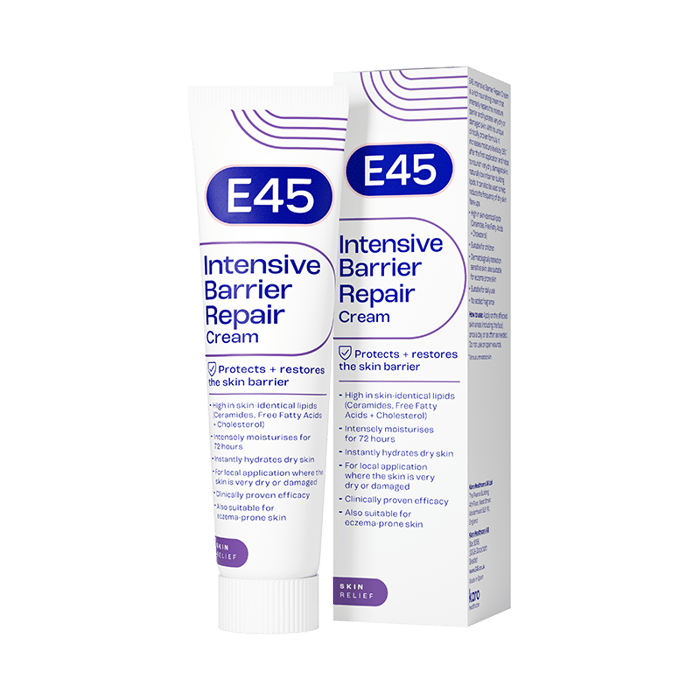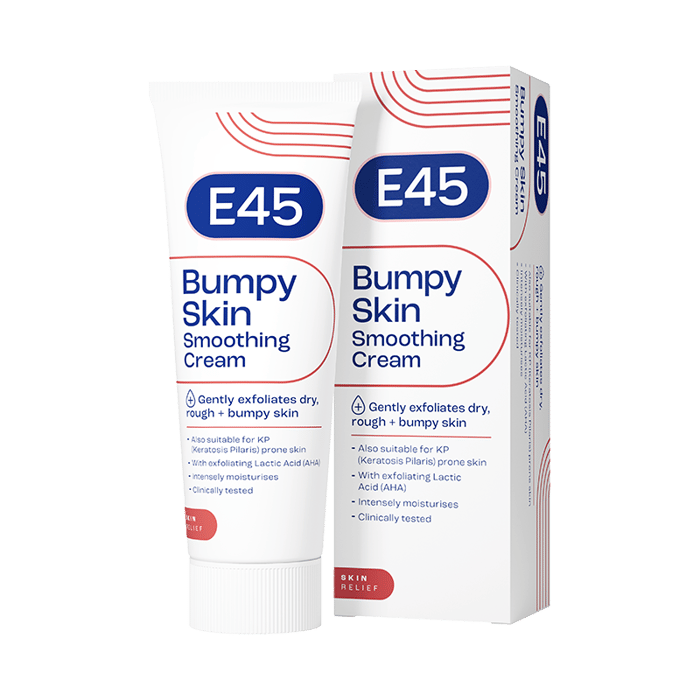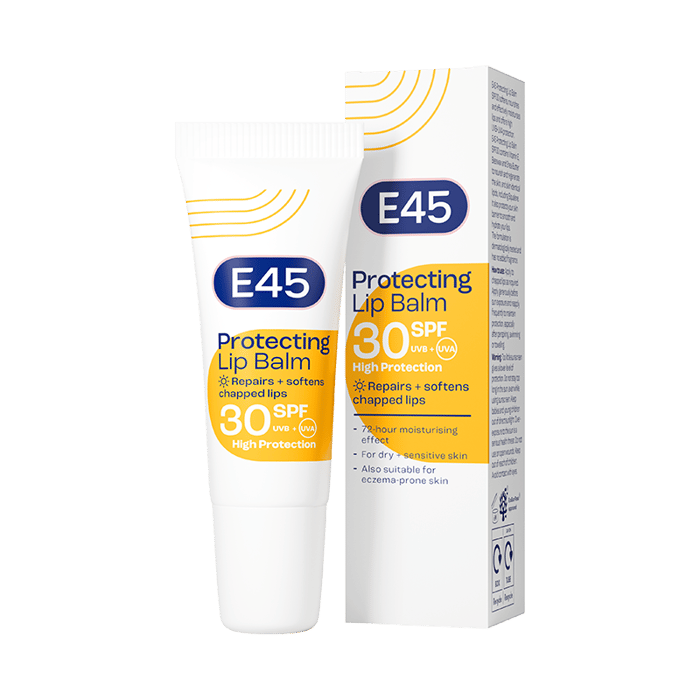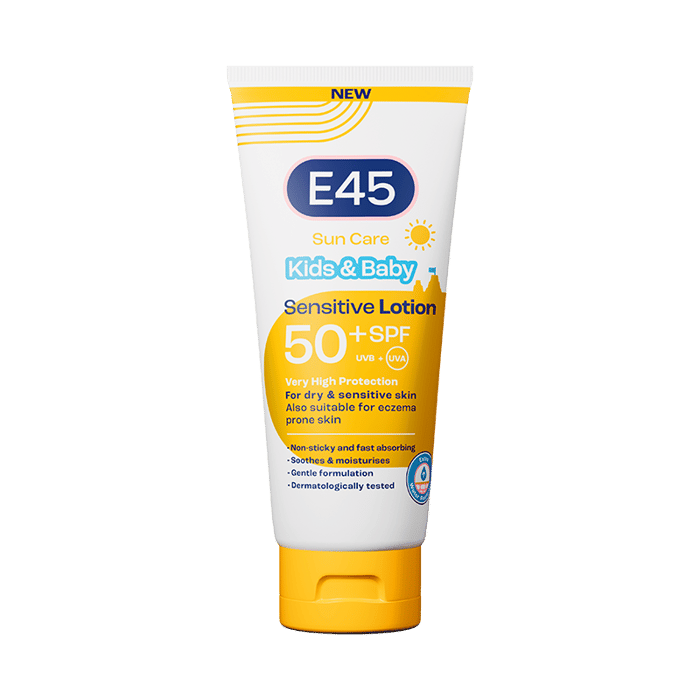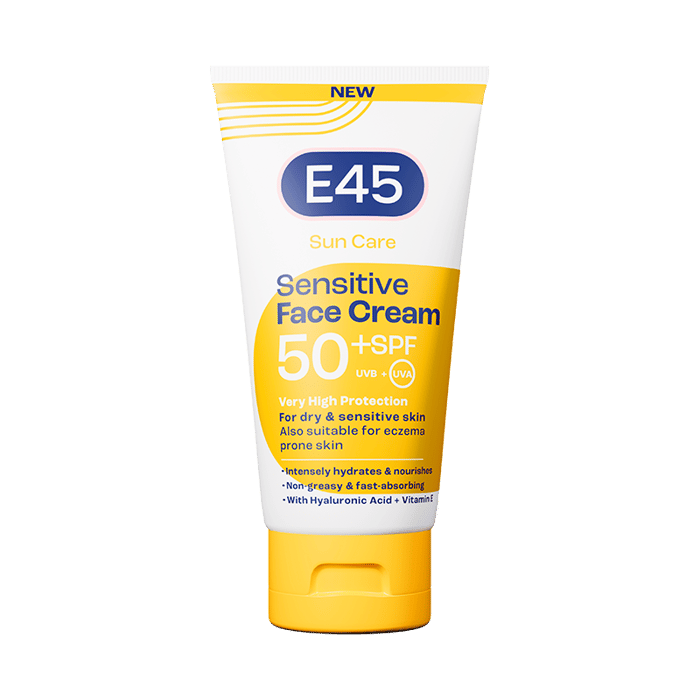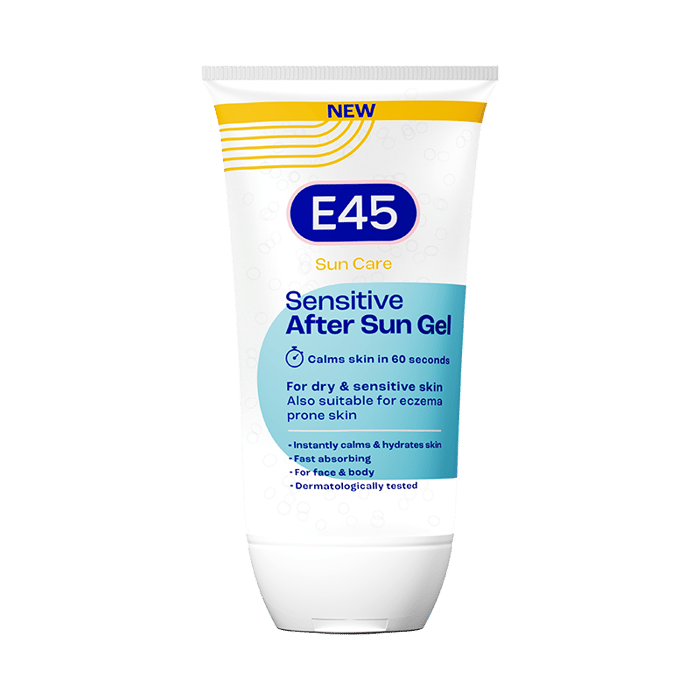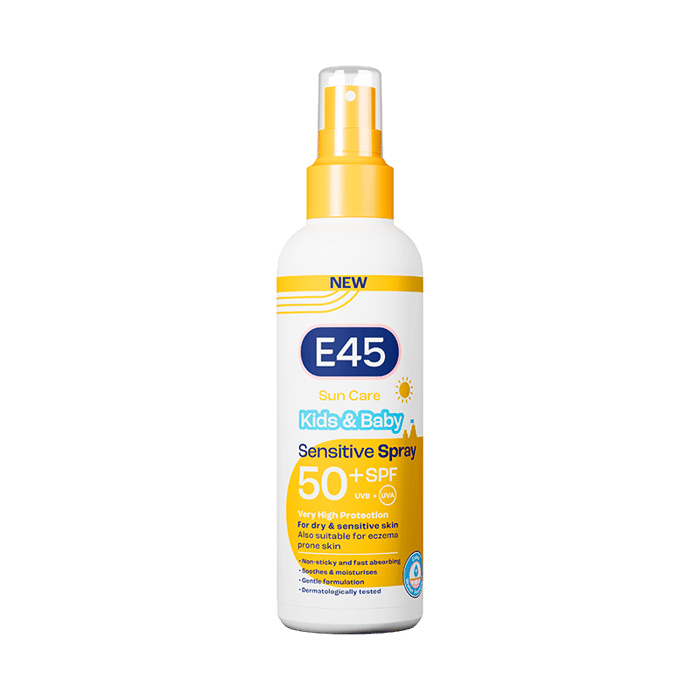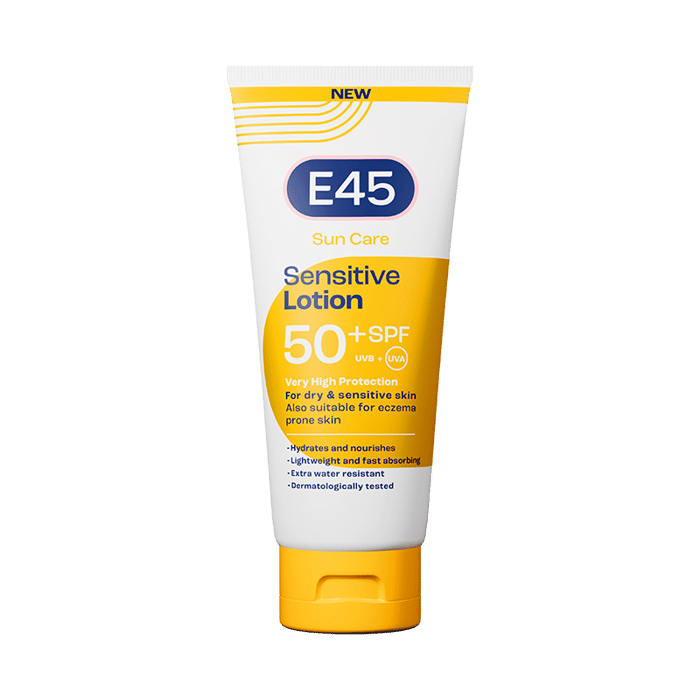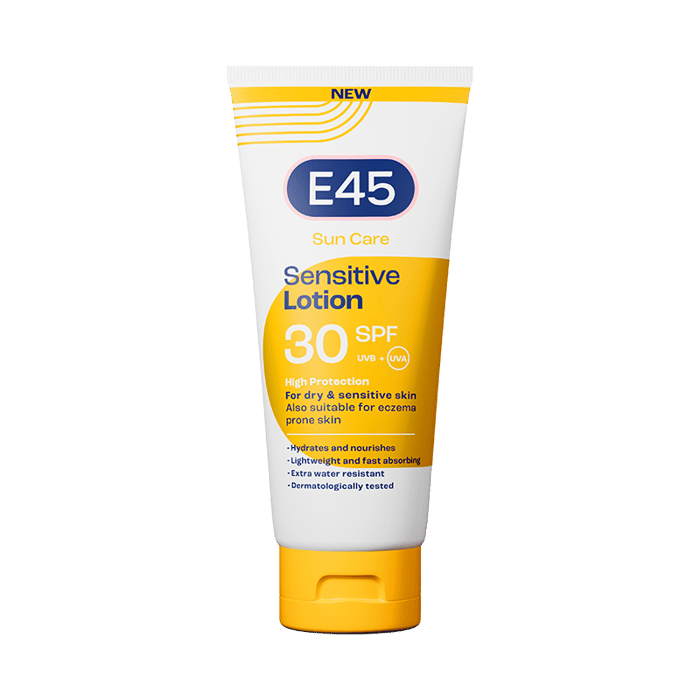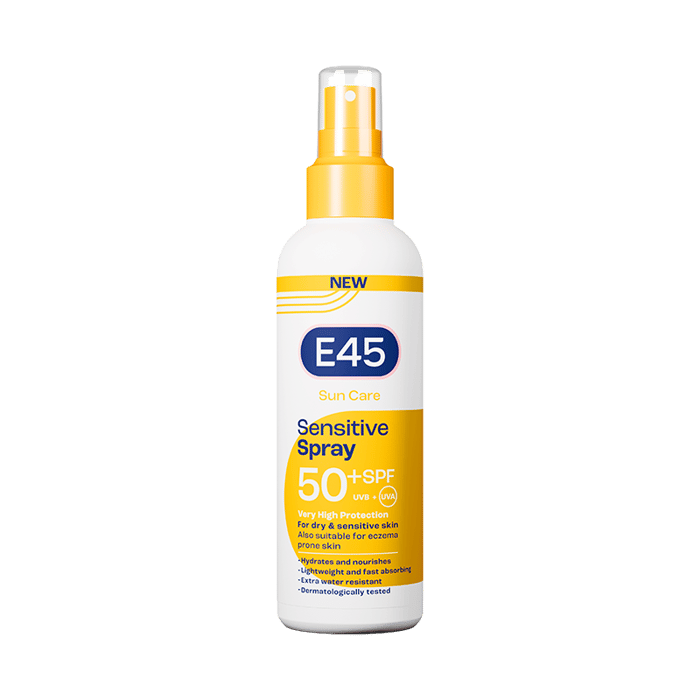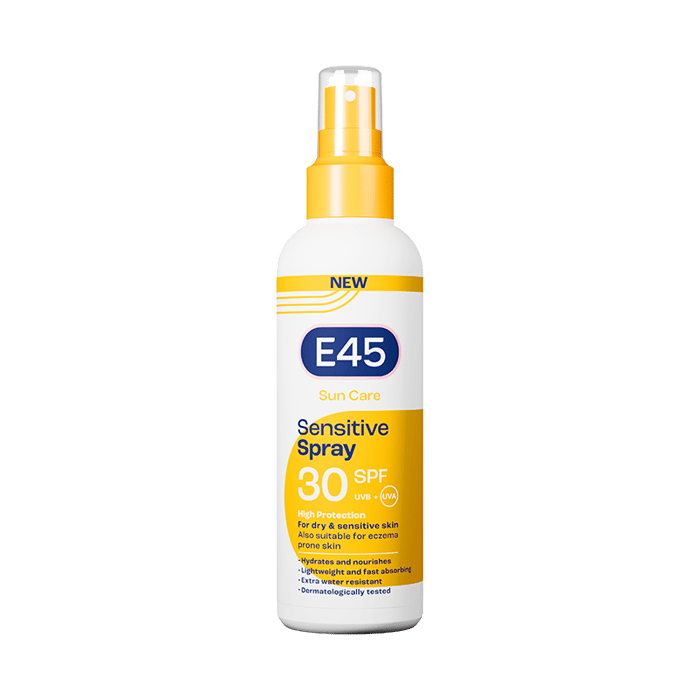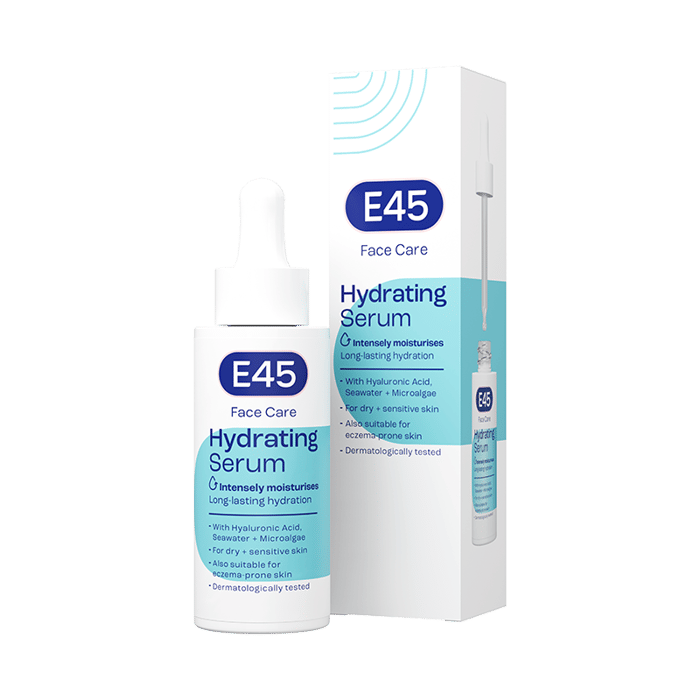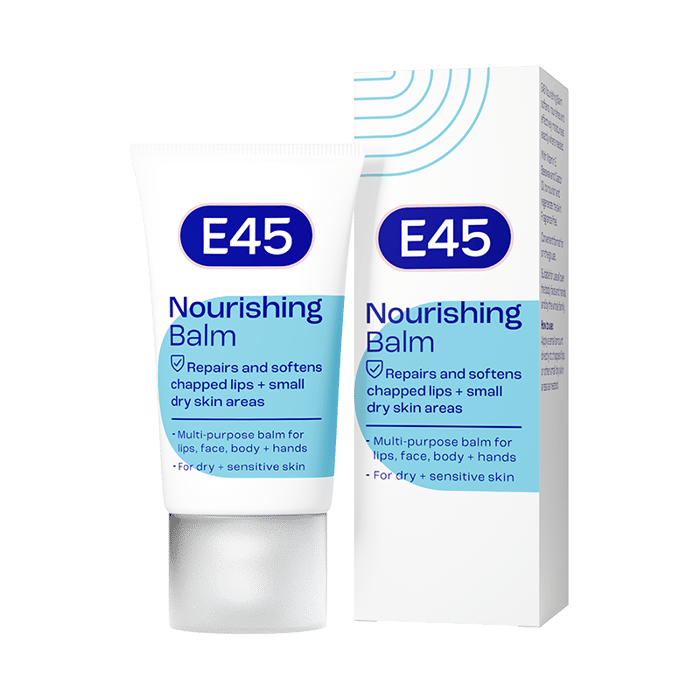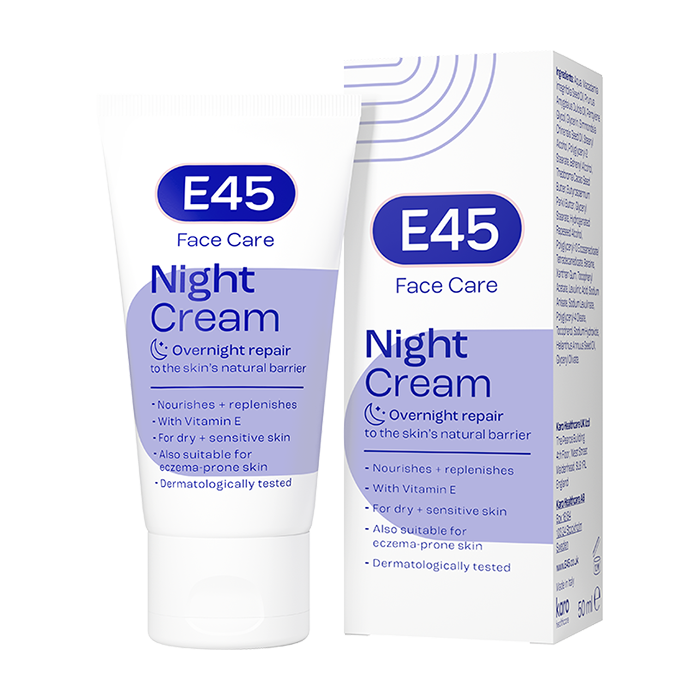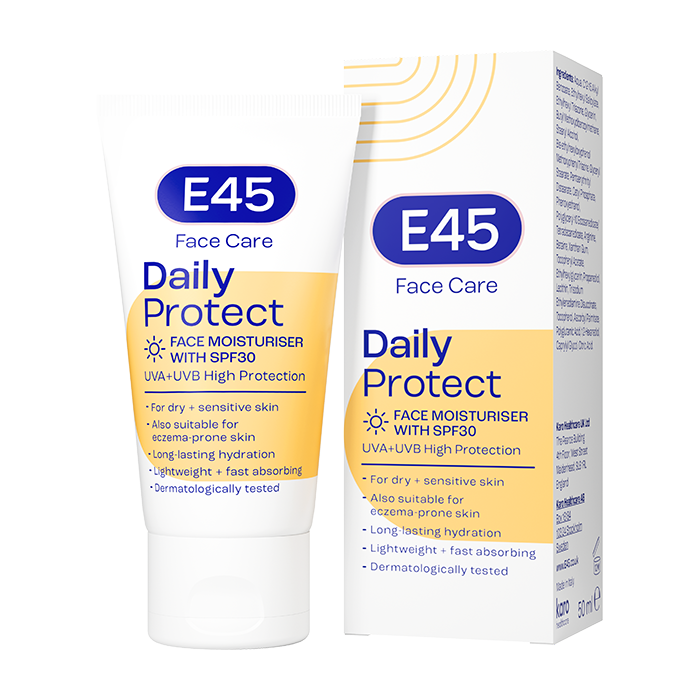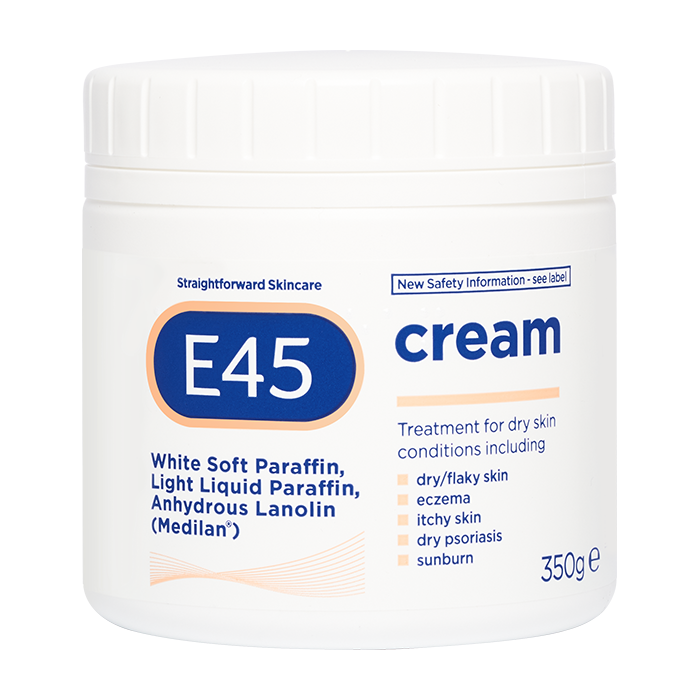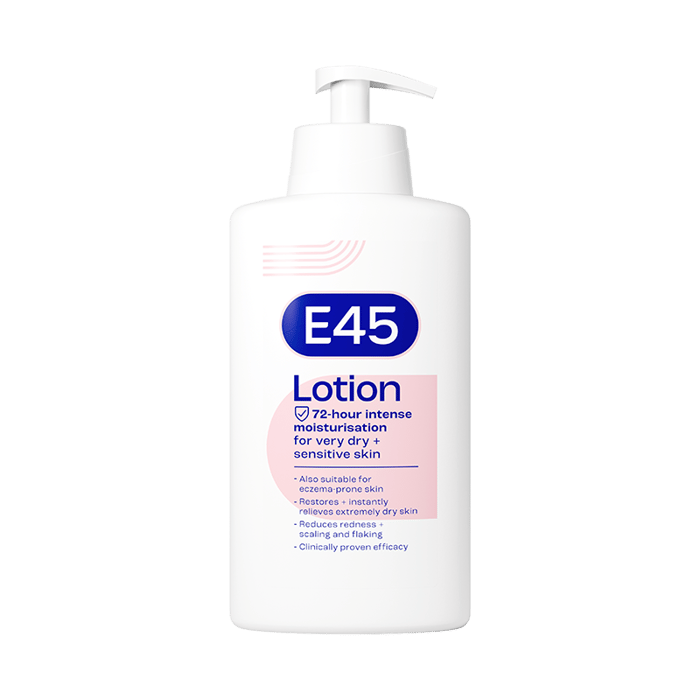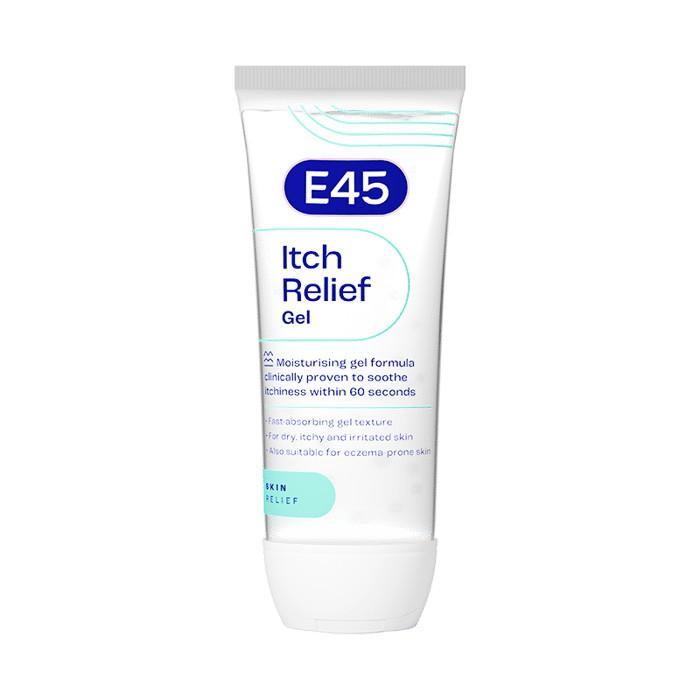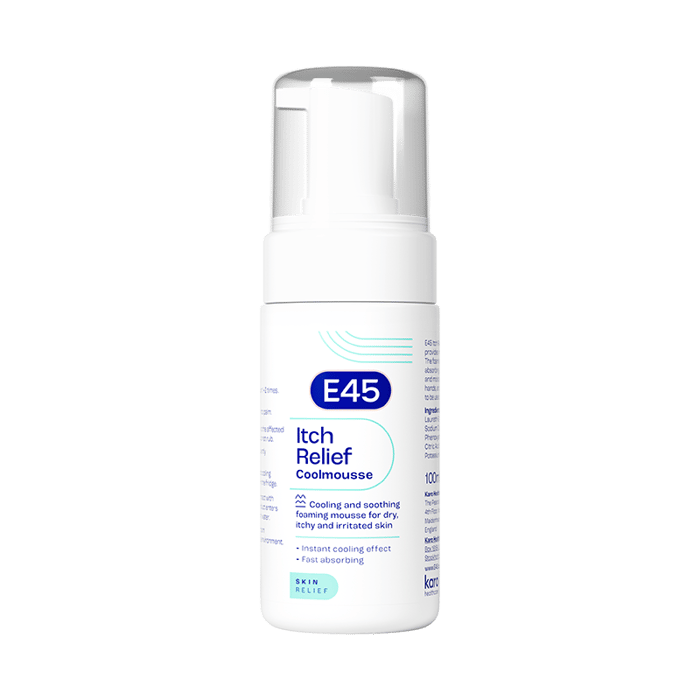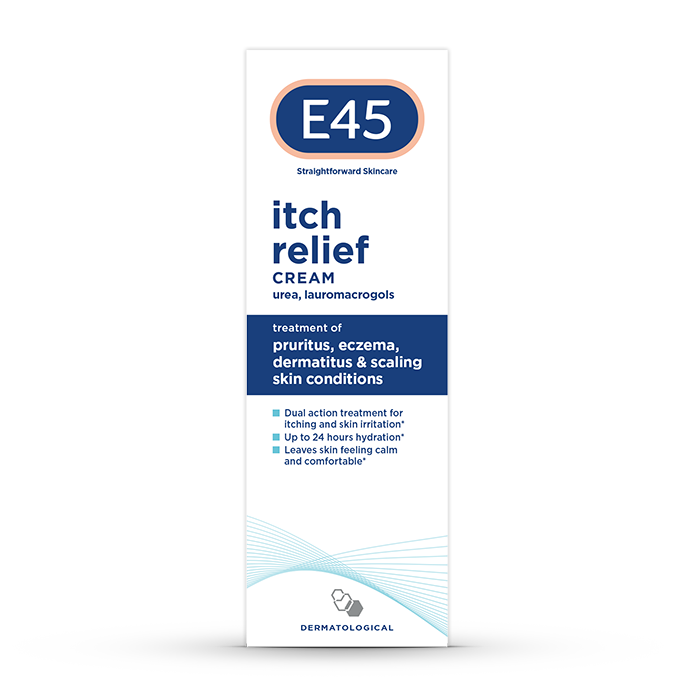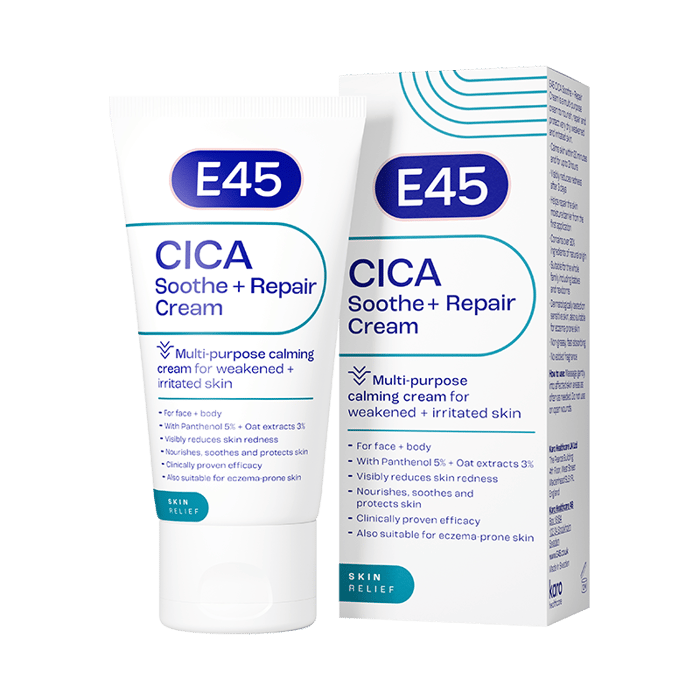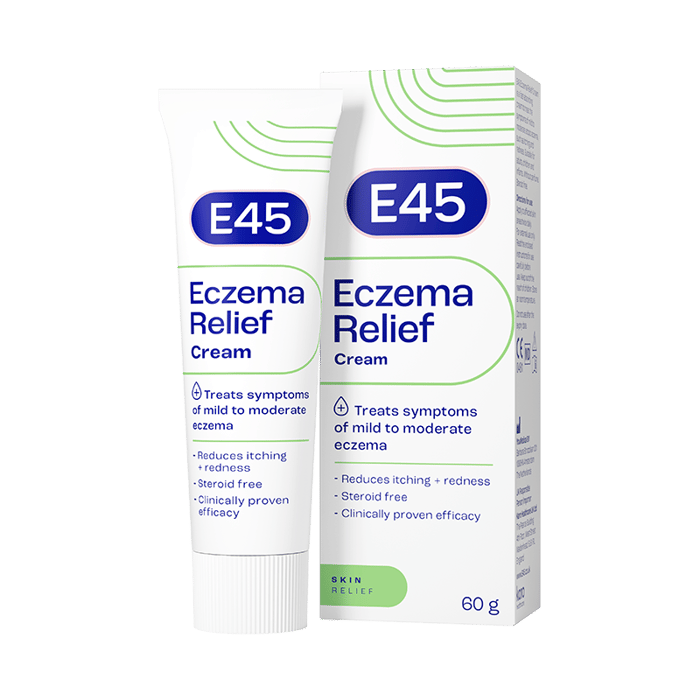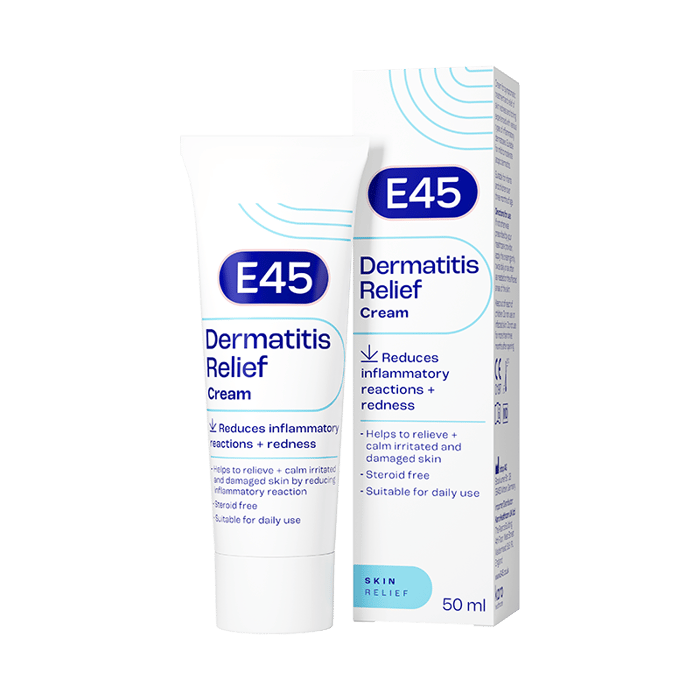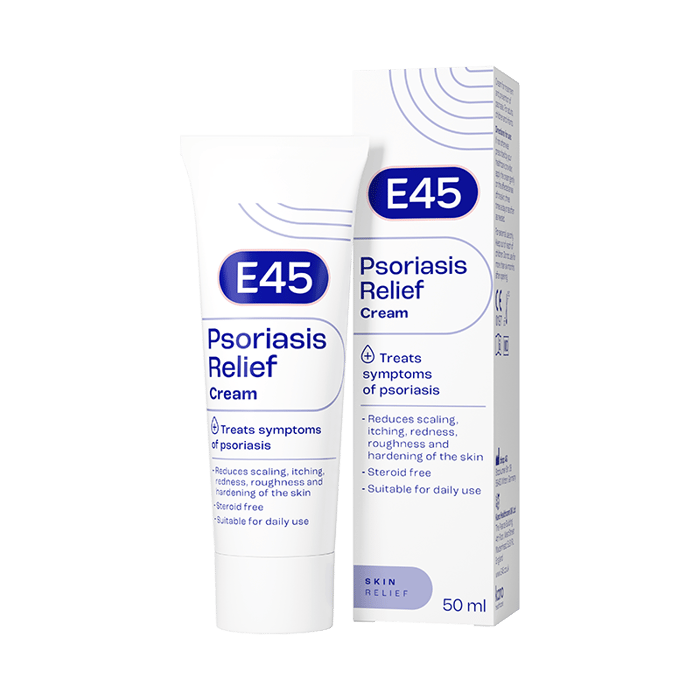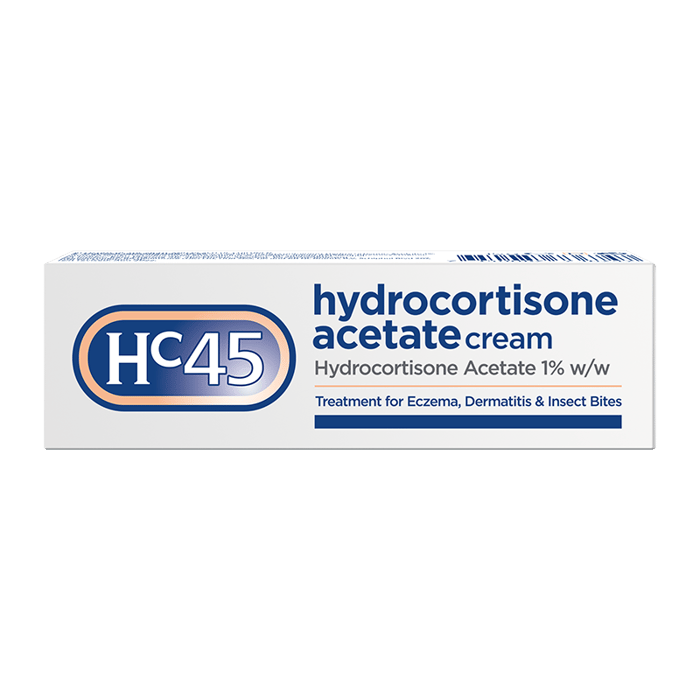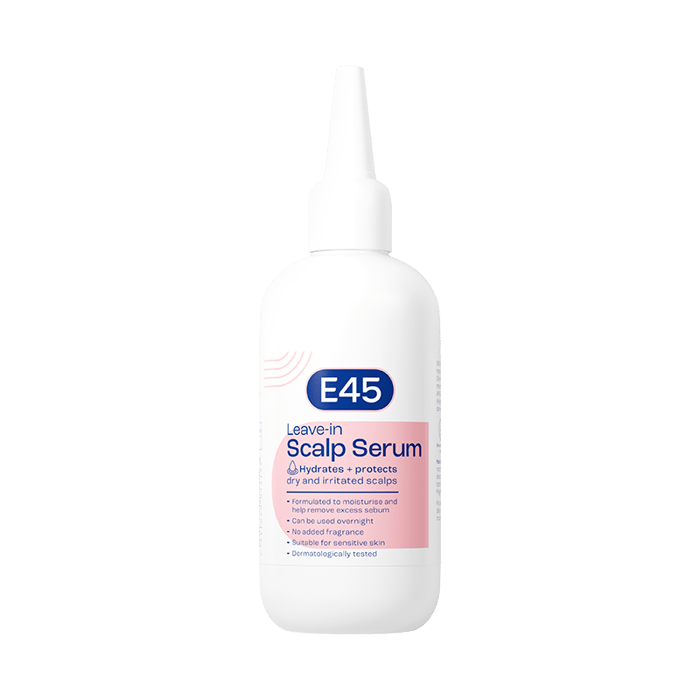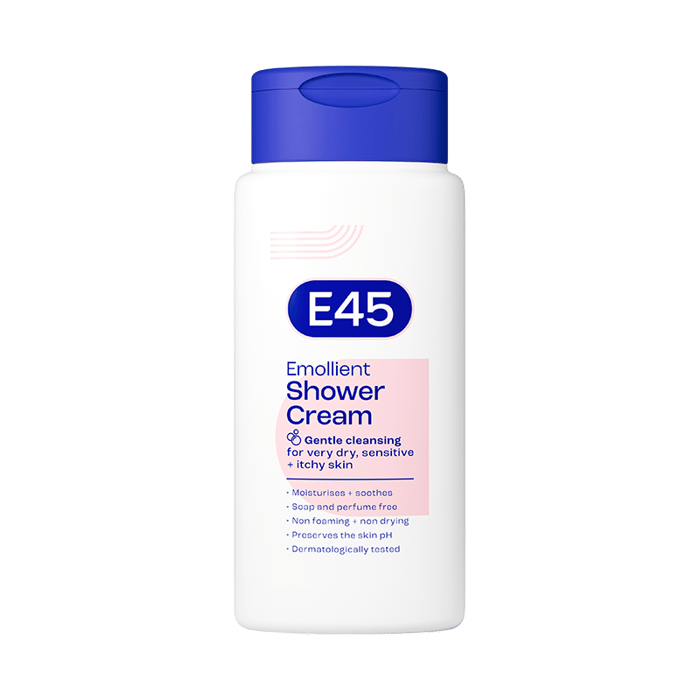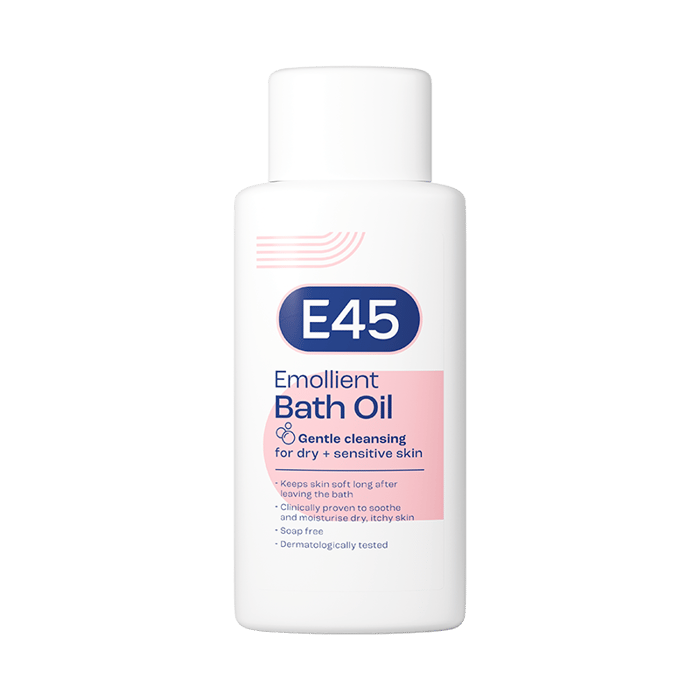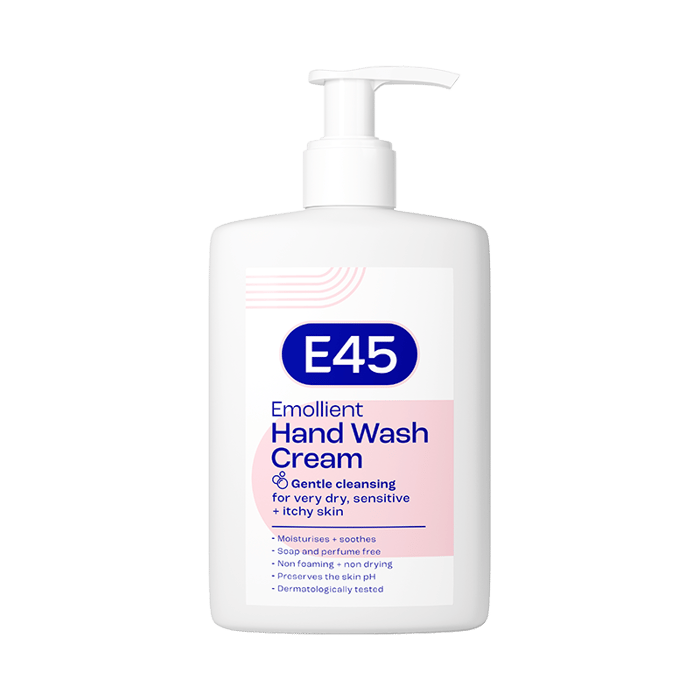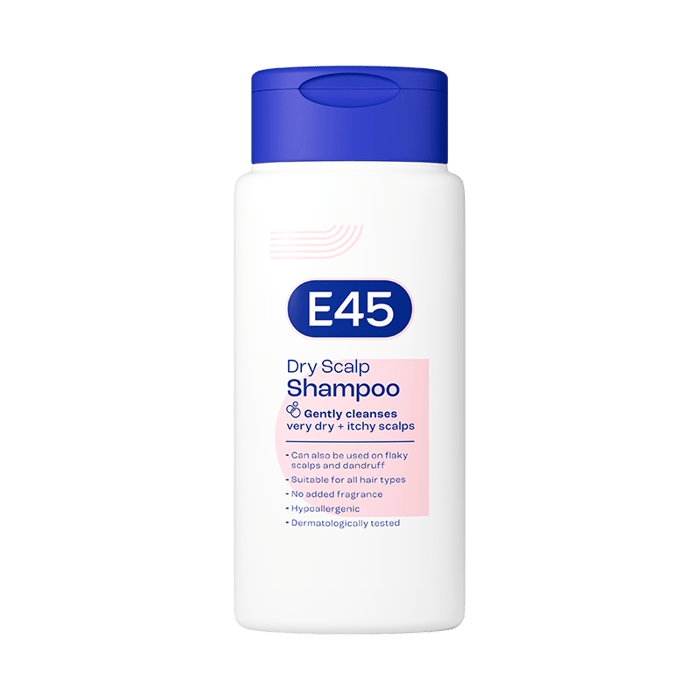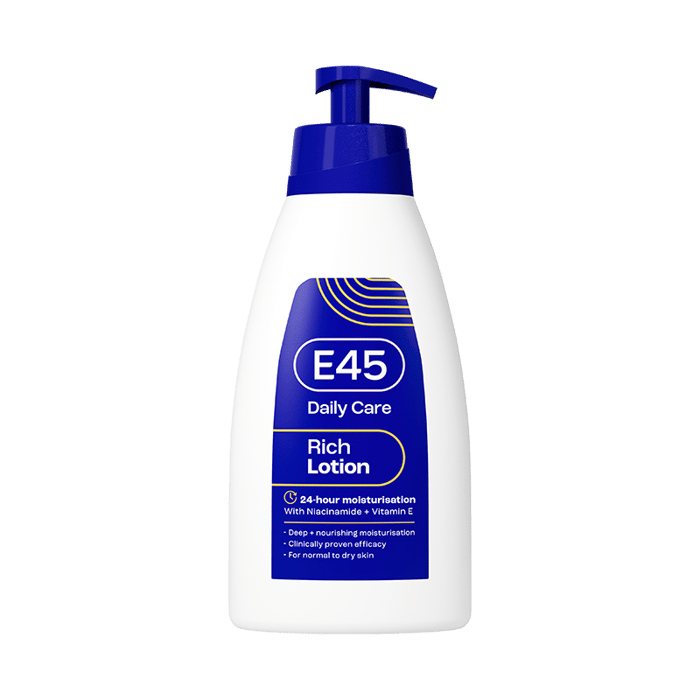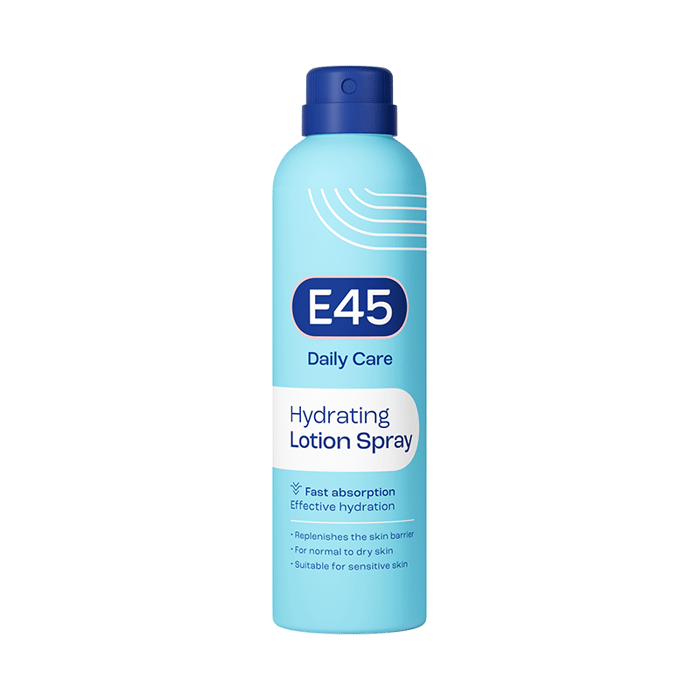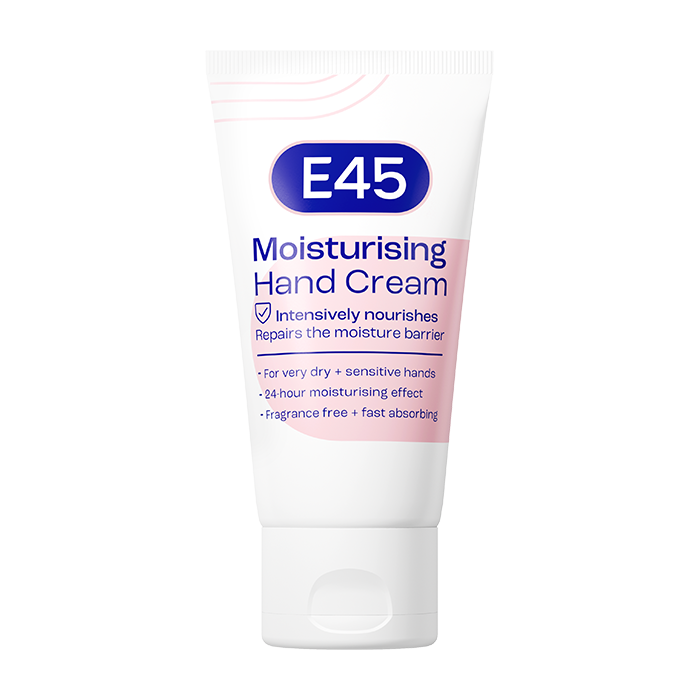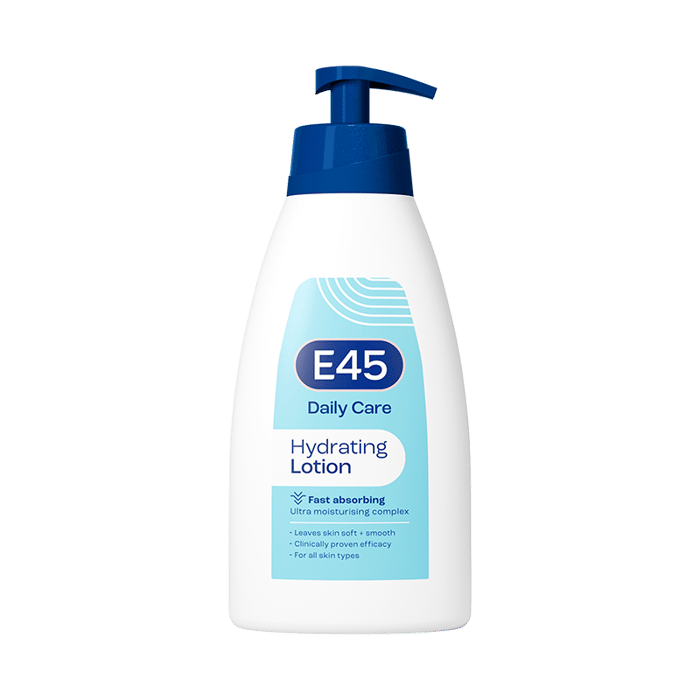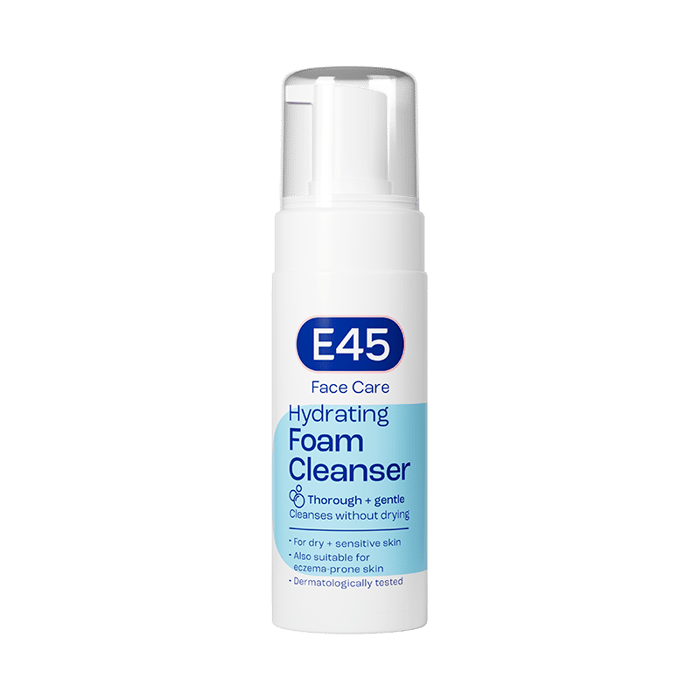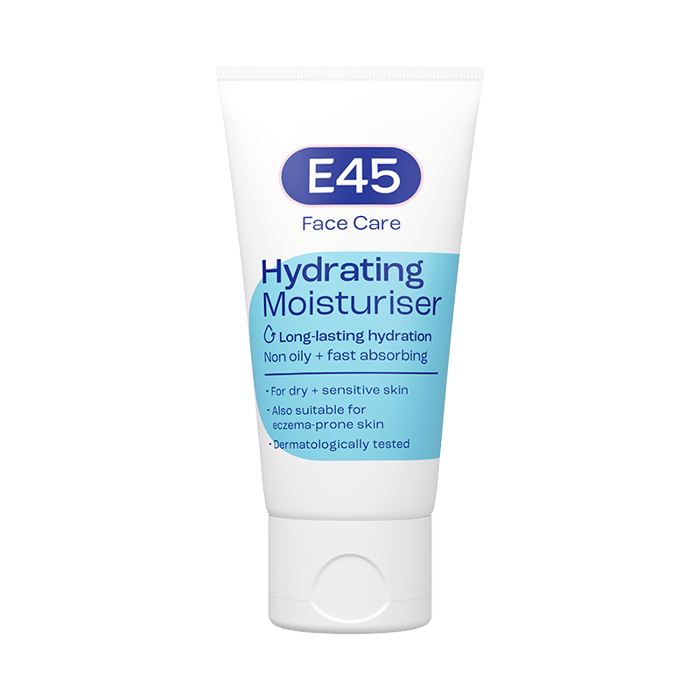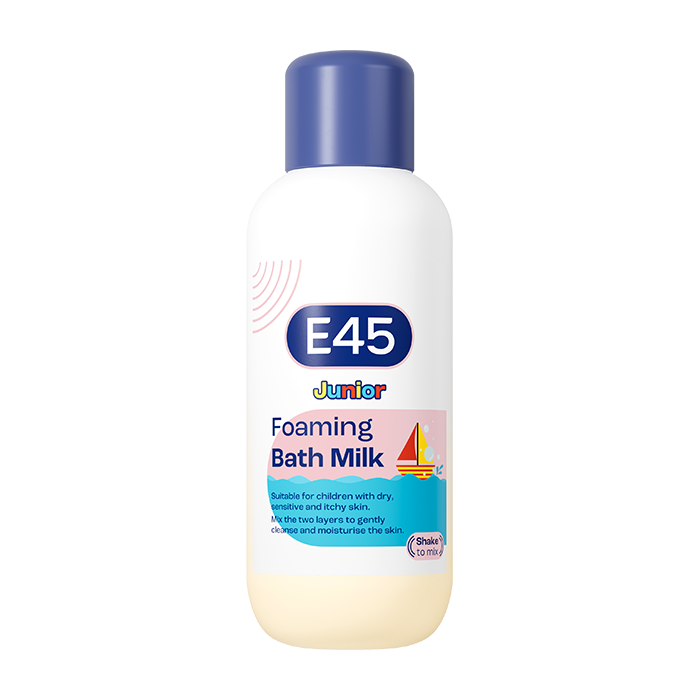Is your skin barrier damaged? How to tell and protect
Your skin barrier is the outermost layer of your skin, acting as a shield to lock in moisture and keep out irritants. When it’s working well, your skin feels smooth and comfortable. But when it’s damaged, you might notice dryness, peeling or irritation.
What is the skin barrier?
The skin barrier, also known as the stratum corneum, is the outermost layer of the skin. It serves as a protective shield, preventing moisture loss and blocking harmful irritants, pollutants and bacteria from penetrating deeper layers of the skin. Composed of skin cells held together by lipids, the skin barrier functions like a brick wall – skin cells (the bricks) are bound by lipids (the mortar) to maintain strength and structure.
What does a damaged skin barrier look like?
A damaged skin barrier can appear in different ways, affecting both the appearance and feel of your skin. Some common signs include:
- Dry, flaky, or peeling skin – The skin may look rough, dull, or patchy, often feeling tight or uncomfortable.
- Red or irritated areas – Your skin may appear inflamed or react more easily to products.
- Tightness or discomfort – The skin may feel sore, especially after cleansing, or react to changes in temperature.
- Increased sensitivity – Skincare products that normally feel fine may start to sting, burn, or cause itching. Learn more about skincare routines for sensitive skin.
- Itchiness and rough texture – Your skin might feel rough to the touch or develop small, dry patches that become itchy.
- Breakouts or congestion – A weakened skin barrier can lead to increased oil production or clogged pores, sometimes causing breakouts.
- Slow healing – Cuts, blemishes or irritation may take longer than usual to heal.
These symptoms can be mild or more noticeable depending on the extent of barrier damage. If you’re experiencing persistent irritation, it may be helpful to focus on gentle, nourishing skincare to support recovery.

What causes a broken or compromised skin barrier?
Your skin barrier can weaken for many reasons. Some of the most common causes include:
- Lifestyle factors – Stress, lack of sleep and dehydration can all impact the skin barrier.
- Over-exfoliation – Using strong scrubs or too many active ingredients like acids or retinoids can strip the skin.
- Harsh weather – Cold, windy conditions or too much sun exposure can dry out your skin. Sunburn can also weaken the skin’s protective layer.
- Hot showers and harsh cleansers – These can remove natural oils, making it harder for the skin to stay hydrated.
- Skin conditions like eczema or acne – Inflammation can make it harder for the skin to repair itself. (Source)
How to protect the skin barrier
A damaged skin barrier can leave your skin feeling dry, irritated and sensitive. The good news is that with the right approach, you can help restore and strengthen your skin over time. Here’s how:
1. Simplify your skincare routine
Cutting back on too many active ingredients and switching to a more gentle, minimal routine can help your skin heal faster. Focus on products designed for sensitive skin, avoiding alcohol-based toners, strong acids or heavy exfoliants.
2. Use a gentle, hydrating cleanser
Cleansing is essential, but harsh cleansers can strip your skin of its natural oils. Look for a mild, fragrance-free cleanser that supports hydration rather than foamy or sulfate-based formulas that may worsen dryness.
3. Moisturise with barrier-strengthening ingredients
Hydrating and nourishing your skin with the right ingredients is key. Choose moisturisers that contain:
- Ceramides – Essential for rebuilding the skin’s natural protective layer.
- Hyaluronic acid – Helps attract and retain moisture, keeping skin plump. E45 Face Hydrating Serum boosts moisture with the help of Hyaluronic Acid.
- Glycerin – A powerful humectant that locks in hydration.
- Squalane or Shea Butter – Provides a protective seal to prevent moisture loss.
Check out these hydration tips if you struggle with dryness.
4. Reduce or pause exfoliation
While exfoliation can be beneficial, overdoing it can weaken your skin barrier. If your skin is irritated, take a break from scrubs, AHAs, BHAs and retinoids until your barrier is stronger. When reintroducing exfoliation, start slowly and use a mild formula.
5. Apply sunscreen daily
A damaged skin barrier is more vulnerable to UV exposure, which can slow down the healing process. Use a broad-spectrum sunscreen with SPF 30 or higher to protect your skin from further damage. Read more about SPF and sun protection here.
6. Protect your skin with an occlusive layer
Barrier creams or ointments can help by creating a protective layer over your skin, reducing moisture loss. Look for ingredients like petrolatum, lanolin or dimethicone that help seal hydration into the skin.
7. Strengthen your skin with a balanced diet
Your skin barrier benefits from nutrients such as omega-3 fatty acids, antioxidants and hydration (source). Eating foods rich in fatty acids, like salmon or flaxseeds, and drinking enough water can contribute to a healthier skin barrier.
8. Be mindful of environmental stressors
Cold weather, wind and pollution can all weaken the skin barrier. Consider using a humidifier indoors, especially in winter, and wearing a scarf or protective clothing when exposed to harsh weather.
9. Reduce stress and prioritise sleep
Chronic stress and lack of sleep can disrupt the skin’s ability to repair itself (source). Taking steps to relax, like practising mindfulness or improving your sleep routine, can indirectly support your skin health.
10. Choose skincare products designed for sensitive skin
If your skin barrier is compromised, opt for a gentle skincare routine that avoids potential irritants like alcohol, fragrance and harsh preservatives.
Best ingredients to strengthen and restore the skin barrier
If your skin is feeling dry, sensitive or flaky, looking for certain ingredients in your skincare can help repair and reinforce the skin barrier. Here’s how these ingredients contribute to healing and protection:
- Ceramides – These naturally occurring lipids are essential for rebuilding the skin’s protective layer, preventing moisture loss and improving overall resilience.
- Niacinamide – Helps calm inflammation, reduce redness, and support the skin’s ability to retain hydration.
- Fatty Acids and Cholesterol – These lipids help restore the skin’s barrier function, reducing dryness and irritation. (Source)
- Oat Extract and Aloe Vera – Soothing ingredients that can reduce irritation and provide anti-inflammatory benefits. (Source & Source)
- Squalane – A lightweight, non-greasy oil that mimics the skin’s natural moisture, helping to restore hydration and prevent water loss.
- Botanicals – Plant-based extracts such as green tea, chamomile, and calendula offer antioxidant protection while soothing and nourishing the skin.
- Probiotics – Help support the skin’s microbiome, improving its natural defence mechanisms and reducing irritation caused by external aggressors.
- Peptides – These short chains of amino acids promote skin repair by boosting collagen production and strengthening the skin’s natural defences.
Conclusion
Taking care of your skin barrier doesn’t have to be complicated. By using gentle, hydrating products and making small changes to your routine, you can help your skin feel comfortable and healthy again. If symptoms persist or worsen, a healthcare professional can guide you on next steps.
FAQ: Damaged skin barrier
How do I fix a damaged skin barrier?
To repair a damaged skin barrier, focus on gentle skincare. Use a mild, hydrating cleanser and a barrier-repairing moisturiser containing ceramides, squalane and fatty acids. Reduce the use of exfoliants and active ingredients like retinoids and AHAs/BHAs until your skin has healed. Protect your skin with SPF daily, and stay hydrated by drinking plenty of water.
How do I tell if my skin barrier is broken?
A compromised skin barrier often shows signs like dryness, peeling, redness, sensitivity, tightness and irritation. If your skin reacts negatively to products that you normally tolerate or takes longer to heal from blemishes or minor cuts, it may indicate a weakened barrier.
How long does a damaged skin barrier take to heal?
The healing time depends on the severity of the damage. With proper care, minor barrier damage may improve in a few days, while more severe cases can take several weeks to fully recover. Consistency with hydration, gentle skincare and protection is key to the healing process.
What products destroy the skin barrier?
Harsh cleansers with sulfates, alcohol-based toners, overuse of exfoliants like AHAs and BHAs, and frequent use of retinoids can weaken the skin barrier. Other culprits include skincare with high levels of fragrance and strong actives used without adequate moisturisation.
What is a damaged skin barrier?
A damaged skin barrier occurs when the outermost layer of skin becomes compromised, leading to moisture loss and increased sensitivity. This can result in dryness, redness, irritation and a rough skin texture. Restoring it involves using hydrating and protective skincare while avoiding potential irritants.
Sources
www.webmd.com/beauty/nutrients-for-healthy-skin
my.clevelandclinic.org/health/body/24425-lipids
pubmed.ncbi.nlm.nih.gov/12553851/
pmc.ncbi.nlm.nih.gov/articles/PMC2674689/
health.clevelandclinic.org/squalane
www.healthline.com/health/probiotics-skin-care
www.healthline.com/health/peptides-for-skin
pubmed.ncbi.nlm.nih.gov/25607907/
pmc.ncbi.nlm.nih.gov/articles/PMC5967208/

